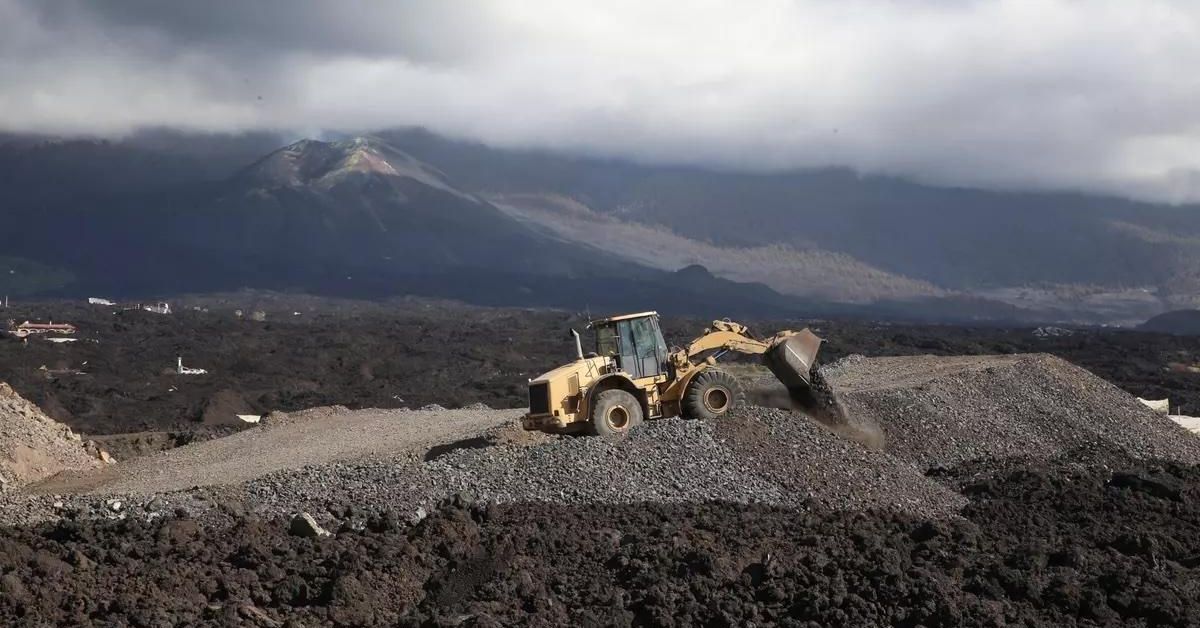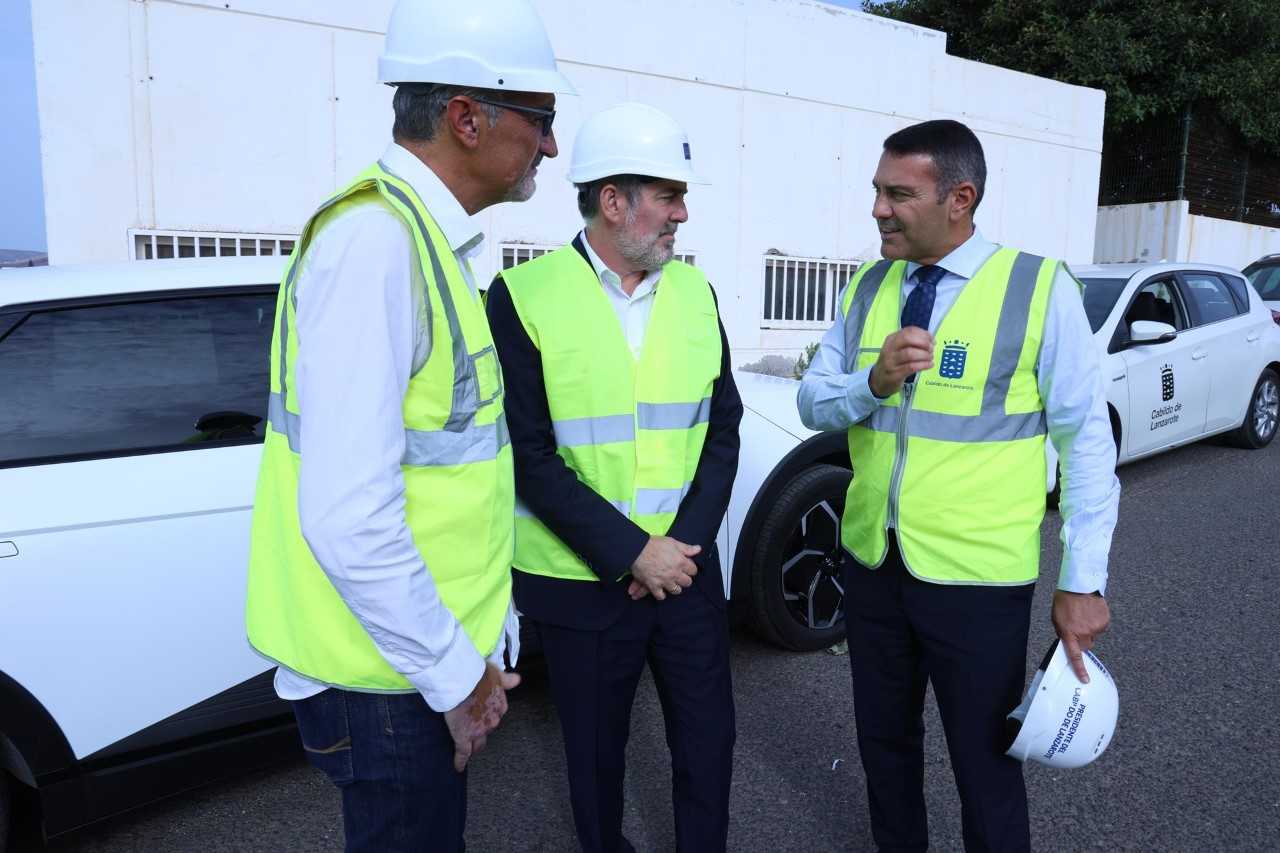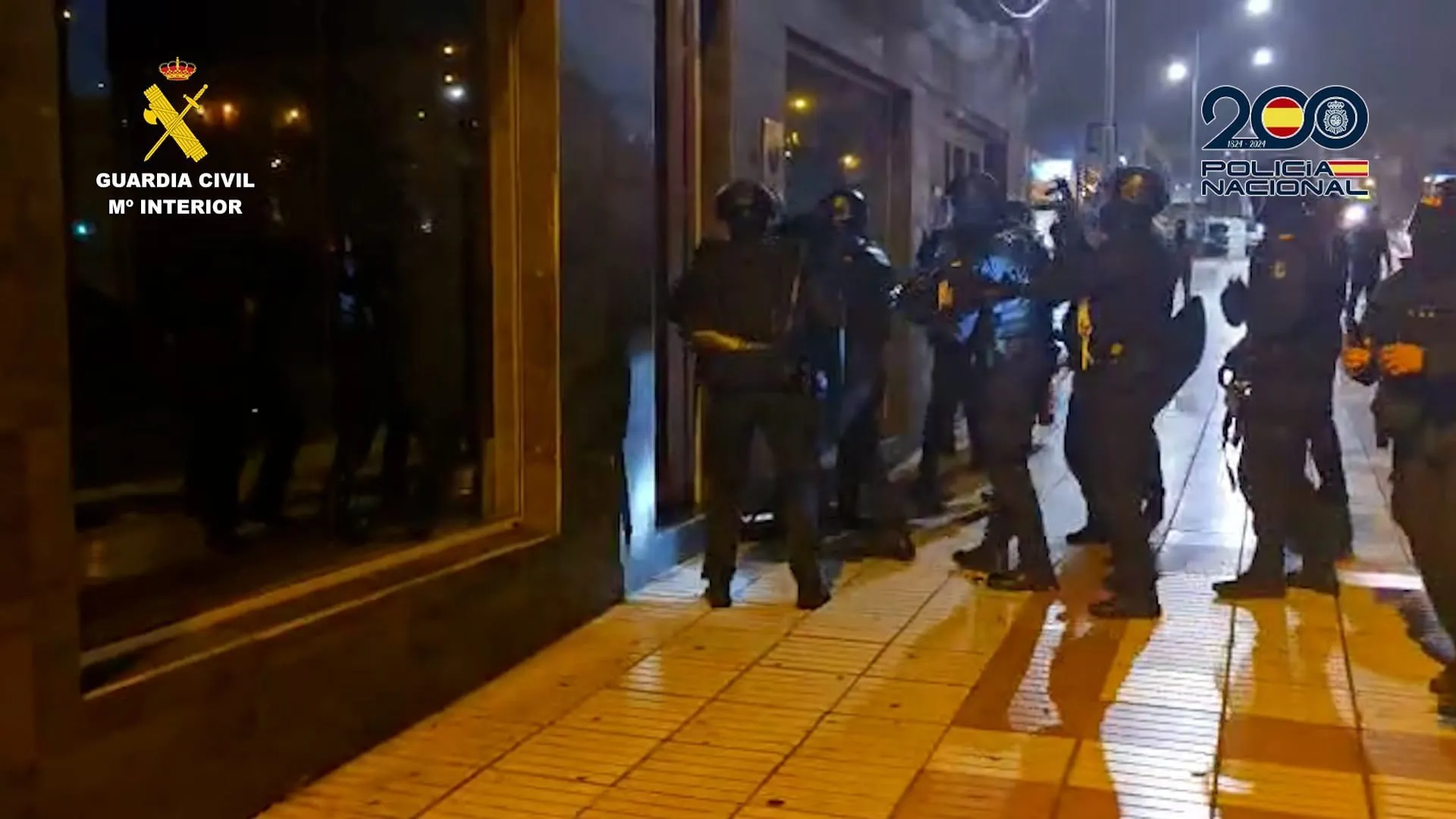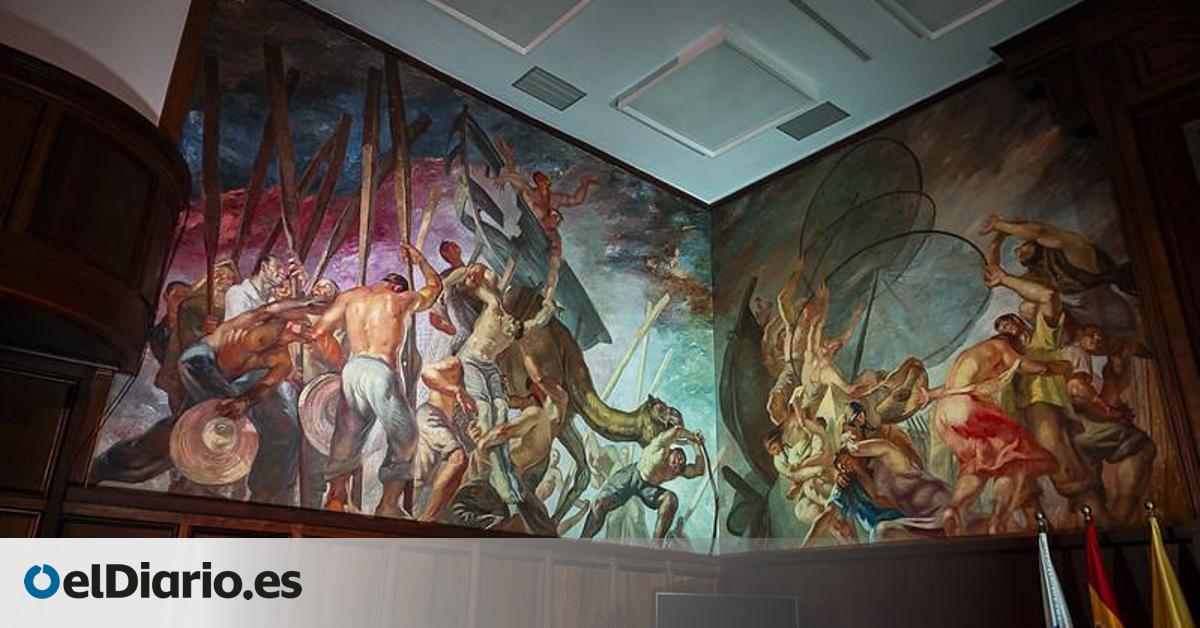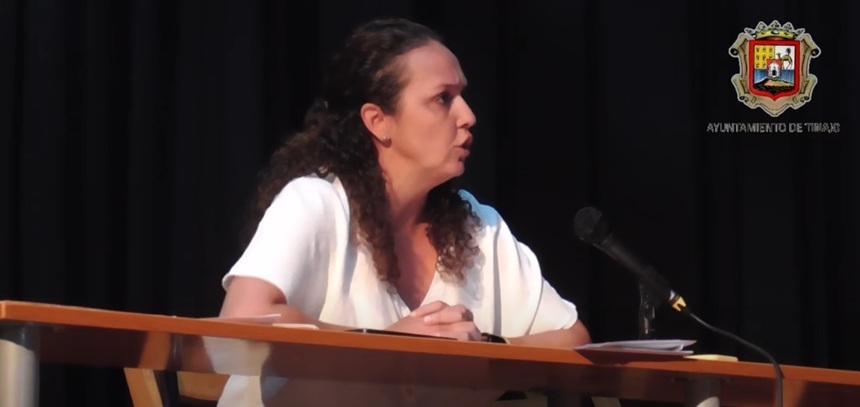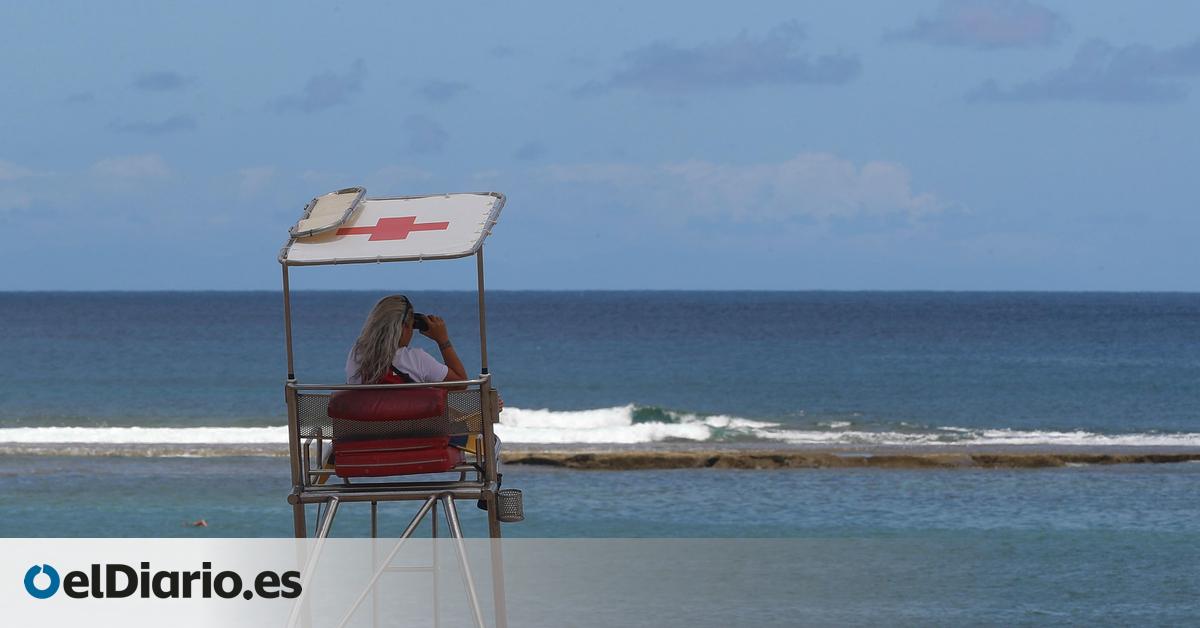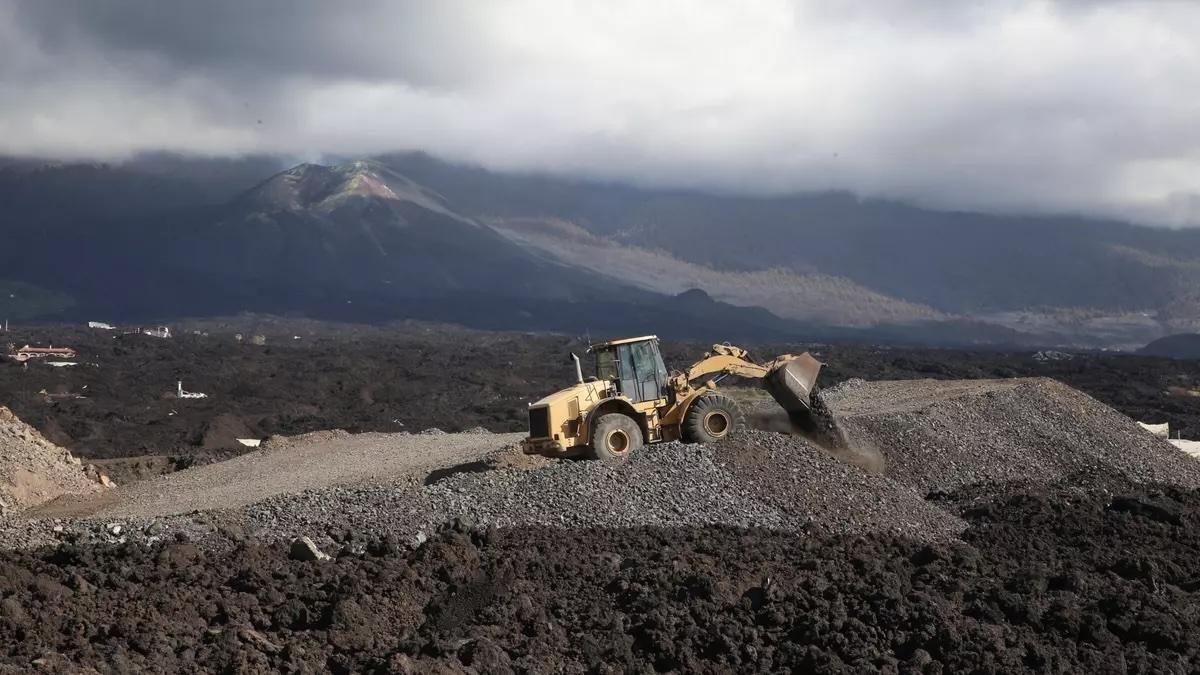
OPINION – Citizen Initiative for Volcano Affected Demands Immediate Measures
“Prevent filters when responding to people.” With this statement, the President of the La Palma Cabildo, Sergio Rodríguez, attempted to justify in the Cabildo plenary meeting the slow progress of reconstruction due to bureaucracy and the Public Contracts Law. The motion, approved with the support of the opposition, calls on the Spanish Government to amend a regulation that, according to him, hinders progress.
The message is clear: if we remain stuck in reconstruction, it is due to a rigid law that prevents us from moving forward. However, the reality is different. The real problem lies not in the law but in political management: the lack of planning, teams, and leadership. This conclusion is not merely a citizen’s opinion; it is the evidence arising from the daily struggles of those still awaiting answers to their shattered lives.
Four years have passed since lava devastated the Valle de Aridane, and thousands of families still endure life in temporary accommodations. Ninety-year-old elderly residents are surviving in undignified containers, small businesses are still waiting for a response that never comes, farmers continue to receive no compensation for the farms buried by lava, livestock owners claim their losses without success, and residents are expropriated without official notification of their rights or the procedures involved. This is a stark picture of an abandonment that has gone on for too long.
In September 2024, the president publicly acknowledged to a local media outlet that “the Cabildo’s response times are not adequate.” In June 2025, he reiterated: “I’m the first to admit that we are not moving quickly enough.”
These statements are further supported by remarks made in an interview with Palmerus less than 11 months ago. Sergio Rodríguez admitted that “many mistakes have probably been made.” He acknowledged that “the expectations created by political change generated an illusion that they did not know how to respond to in a timely manner.” He openly admitted that the response times were not correct: “They are what they are.” He stated that things could only be expedited when acting in emergencies; otherwise, one must adhere to administrative provisions and deadlines. In a COPE interview, Rodríguez also recognised his dissatisfaction with the pace of execution and that the response times were inadequate.
Now he criticises Article 120 of the LCSP, which regulates emergency processing. While it does fix a month for initiating actions, this timeframe does not limit the duration of works, only their start. If from day one, as we have requested, the Cabildo had a reconstruction plan, it would have allowed for advance management of the necessary works and contracts to restore the Valle de Aridane and project its future.
Moreover, the Cabildo overlooks other additional mechanisms such as urgent processing, which allows for reduced timelines; framework agreements and dynamic acquisition systems, which guarantee speed in repetitive contracting; and the hiring of companies like TRAGSA and TRAGSATEC, capable of executing critical works immediately. The president has not even considered modifying the statutes of SODEPAL to enable it to become the executing arm of the reconstruction. Unsurprisingly, he has also given up on creating a consortium to coordinate and implement the reconstruction.
It is crucial to remember that the LCSP arises from the transposition of the European directive on public procurement and aims for essential objectives: transparency, traceability of expenditure, equal opportunities, and the fight against fraud. This regulation emerged in response to recent corruption scandals and abuses in contracting that have cost citizens millions. Its goal is to prevent public waste, secure spending control, and ensure that every euro invested truly reaches those who need it.
Examples of what should never have been permitted include a €1.2 million fine for irregular piping, waste of €1.5 million at the La Bombilla emergency dock, €13 million for the Cultural Park of the Canary Islands in Los Llanos, and extravagant spending on concerts, festivals, and shows across the island in the purest style of “bread and circuses.” These expenditures are unnecessary for the vital interests of the affected and have diverted millions in resources and attention from what is crucial for the reconstruction of Valle de Aridane.
The president’s latest proposal is to install three panoramic cable cars on the island. “While thousands of families continue to live without homes or certainty, erecting three cable cars over the ashes of the volcano is an insult to the suffering and dignity of those affected,” state representatives from the Citizen Initiative, adding that “the anger among those impacted is monumental.”
While reconstruction is improvised with sudden ideas, the affected population remains ensnared in uncertainty. Farmers have seen not a single euro for their land, livestock owners bear the burden of lost cattle, property speculation and rental prices soar for the affected, and families receive fines for returning to homes in gas-restricted areas because they cannot afford rent. The administration looks the other way, blaming the law without accepting direct responsibility.
The participation of those affected in the reconstruction process simply does not exist. In January 2023, it was unanimously approved to create the Sectorial Council for the Reconstruction and Recovery of the Island of La Palma, and two years later, it does not exist, nor does the Cabildo intend to convene it. Instead of listening to the victims, information circulates through rumours, without transparency or consultation. This exclusion seems deliberate to avoid inconvenient witnesses and accountability, as well as critical voices regarding the management of reconstruction.
The lack of rigor also affects protection plans, which are not exempt from criticism. The PEINPAL has not been updated with the changes introduced by the PLATECA post-volcano that guarantees animal rights, despite being legally mandatory after the eruption. The PAIV, the Volcanic Risk Action Plan for La Palma, is literally “kidnapped and hidden” from local citizens, despite repeated requests for access.
Additionally, the PEVOLCA, approved in 2018, retains errors in the volcanic traffic light system that have caused confusion during emergencies, with Nemesio Pérez stating concerning the volcanic traffic light that “the other part already specifies the meaning of the activity, I recommend not reading it because I do not agree with it,” and Morcuende declaring that “perhaps we did not handle it well.” Such remarks came from officials during conferences held in the economic societies of friends of the country in Tenerife and Las Palmas. We assume they would not dare speak in those terms in La Palma.
Meanwhile, Tenerife announces open volcanic drills for the public starting September 26. Its PAIV is public and available on the Cabildo website for all stakeholders; however, in La Palma, there are no drills, no dissemination plan, no risk-awareness initiatives, no training calendar, or clear civil protection protocols, with what little exists being “kidnapped” from citizens. The island most affected by volcanic eruptions in the Canaries lacks the minimal guarantees for self-protection, with little to no interest from the Cabildo in addressing this.
Coalición Canaria holds a majority, possessing the votes, the responsibilities, and the highest budget in history thanks to funds received following the volcano, yet reconstruction remains imperceptible for those affected.
From the Citizen Initiative to Support the Affected, we demand immediate measures such as activating urgent processing for all projects concerning reconstruction; establishing the Sectorial Council of Affected individuals without delay; calling for the creation of a consortium for reconstruction; modifying SODEPAL’s statutes to give it operational capability in reconstruction; updating the PEINPAL and publishing the PAIV with citizen participation; creating a technical reconstruction office with the necessary human and legal resources; publishing a quarterly milestone plan; and prioritising housing, economic recovery, and psychosocial support over tourist works.
The Cabildo contradicts itself, acknowledges delays, and blames officials and now the law. Three excuses for the same management failure. Economic indicators corroborate this, as per FEDEPALMA data, in the second quarter of 2025, the Business Confidence Index fell by 4.3% year on year, and the Hotel Confidence Index dropped by 29%; foreign tourism declined by 16.5% in June despite a national resurgence (+29.6%), with occupancy at 37.9% and a RevPAR 12.3% lower. Banana exports fell by 29% until May 2025 due to the loss of land post-eruption in 2021.
In February 2022, Sergio Rodríguez demanded from the opposition the establishment of a specific Consortium for the reconstruction of the Valle de Aridane. He then stated that “the reconstruction of the Valle de Aridane must be executed by a Consortium, it is the only formula to guarantee efficiency and coordination.” What was once his political banner has vanished from his agenda since he gained an absolute majority and assumed governance of the Cabildo.
“It is incomprehensible that what was once demanded so forcefully in the opposition is now ignored by the government. If then, the Consortium was the right formula to expedite reconstruction, it remains so today. What has changed? Nothing, except that the responsibility is wholly yours now,” highlighted the Citizen Initiative.
In contrast, other territories facing disasters have reacted differently, without legal reforms. In Valencia, following the DANA of 2024, international consultancy Price Waterhouse was contracted for €2.2 million to develop a realistic roadmap, and a Lieutenant General from the Army, with experience in NATO, the UN, and Afghanistan’s reconstruction, was appointed to coordinate inter-administratively the reconstruction. In Italy, after the 2009 L’Aquila earthquake, urgent procedures and framework agreements combined to rebuild entire neighborhoods while adhering strictly to the law, and the OECD was contracted to design the reconstruction roadmap. In Japan, following the 2011 tsunami, regional technical offices were established with citizen participation and transparency, leading to a trust-driven reconstruction process. None of these nations needed to blame their contracting laws.
And yet, the Cabildo of La Palma opts for a different path, blaming Madrid and others for its lack of management and diligence in reconstruction. The result is clear: four years after the eruption, those affected still remain in uncertainty.
The reality is unmistakable: the tools are in place, the absolute majority exists, and the budget is there. What is lacking is planning, transparency, and political will. Those affected can no longer wait, and we need certainty: when will we regain normalcy, our homes, and jobs? How will compensation for lost property be handled? What future awaits our lost or confined neighborhoods?
After nearly four years, it is evident that legal reforms are unnecessary to accelerate reconstruction. That time has passed, and nothing has been done with the valuations or the Volcano Law advocated by associations, not by any dignitary, politician, or party. The citizens affected, listen, as the beleaguered farmers are recovering their fields with little or no assistance from the administration. Therefore, we emphasise the necessity for brave managers, technical teams, genuine participation, and transparency. The law does not obstruct reconstruction. What hinders it is the Cabildo’s lack of ideas and management.
According to Francisco Rodríguez Pulido, president of Tierra Bonita, “the true tragedy is not the lava, but institutional indifference: every day lost is one more wound in the lives of affected families.” He concluded, “to my knowledge, today there are no institutional acts commemorating what happened in recognition of those impacted; yet, there is a rally on the anniversary of the volcano,” amplifying the notion of “bread and circuses” for the populace.
The true tragedy of La Palma was not the lava, but the inability of its leaders to rebuild. The volcano devastated the Valle de Aridane in 85 days; the negligence of the Cabildo has been eroding the hopes of its residents for over 1,441 days. La Palma needs no excuses or external scapegoats: it requires managers who fulfil their reconstruction obligations since every day lost is an open wound in the lives of thousands of families. If the lava buried homes, the Cabildo’s management has buried citizens’ trust in their institutions. The time of the volcano ended years ago; the time of political incompetence cannot last another day.


